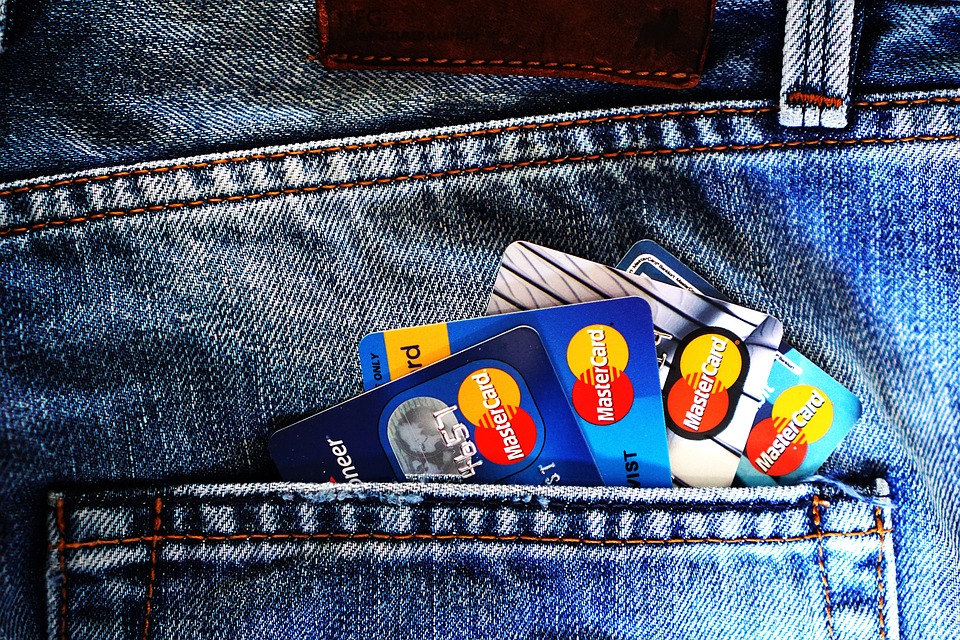Social media has become an integral part of our daily lives, with platforms like Facebook, Instagram, and Twitter allowing us to connect with friends and family, share experiences, and stay informed about current events. While social media has its benefits, it also has a significant impact on mental health. This article explores the various ways in which social media can affect our mental well-being.
Comparison and Envy
One of the most common negative effects of social media is the tendency to compare ourselves to others. When we see carefully curated posts and photos of our friends and acquaintances living seemingly perfect lives, it can lead to feelings of inadequacy and envy. Studies have shown that excessive social media use can contribute to low self-esteem and depression.
- In a survey conducted by the Royal Society for Public Health in the UK, Instagram was found to be the worst social media platform for mental health, with users reporting high levels of anxiety and depression.
- A study published in the Journal of Social and Clinical Psychology found a link between time spent on social media and feelings of loneliness and isolation.
Fear of Missing Out (FOMO)
Social media often creates a fear of missing out (FOMO) among users. Seeing friends and peers attending events, going on vacations, or achieving milestones can make us feel like we are missing out on life experiences. This constant comparison can lead to anxiety and a sense of dissatisfaction with our own lives.
- A study by the University of Pittsburgh found that young adults who spend a lot of time on social media are more likely to experience FOMO and have higher levels of anxiety and depression.
- Research published in Computers in Human Behavior showed that individuals with high levels of FOMO tend to have lower life satisfaction and overall well-being.
Cyberbullying and Harassment
Another significant issue related to social media and mental health is cyberbullying and harassment. The anonymity of the internet can embolden individuals to engage in harmful behavior, such as spreading rumors, making hurtful comments, or sharing private information. Victims of cyberbullying may experience increased levels of stress, anxiety, and depression.
- A study by the Cyberbullying Research Center found that over one-third of young people have been victims of cyberbullying, with negative impacts on their mental health and well-being.
- Research published in the Journal of Medical Internet Research revealed a strong association between cyberbullying and depression, anxiety, and suicidal ideation among adolescents.
Managing Social Media Use
While social media can have negative effects on mental health, there are steps that individuals can take to minimize its impact:
- Limiting screen time and setting boundaries for social media use can help reduce feelings of comparison and FOMO.
- Curating your social media feed by unfollowing accounts that make you feel inadequate or unhappy can create a more positive online experience.
- Engaging in offline activities, such as exercise, hobbies, and spending time with loved ones, can help balance the effects of social media on mental health.
Conclusion
Social media has become a pervasive part of modern society, but its impact on mental health cannot be ignored. The constant exposure to curated images, the pressure to keep up with others, and the risk of cyberbullying all contribute to a decline in mental well-being. By being mindful of our social media use and taking steps to prioritize our mental health, we can mitigate the negative effects of social media and foster a healthier relationship with technology.
